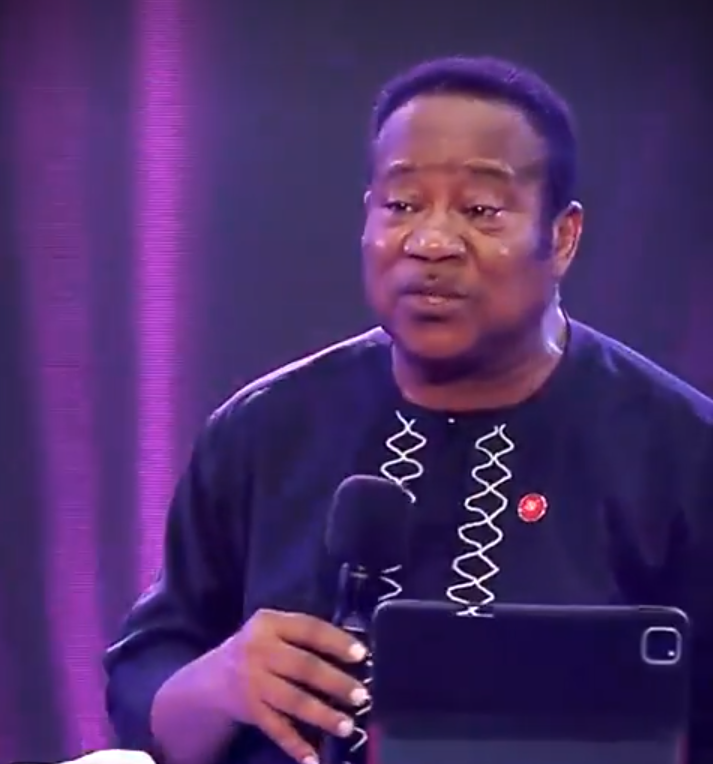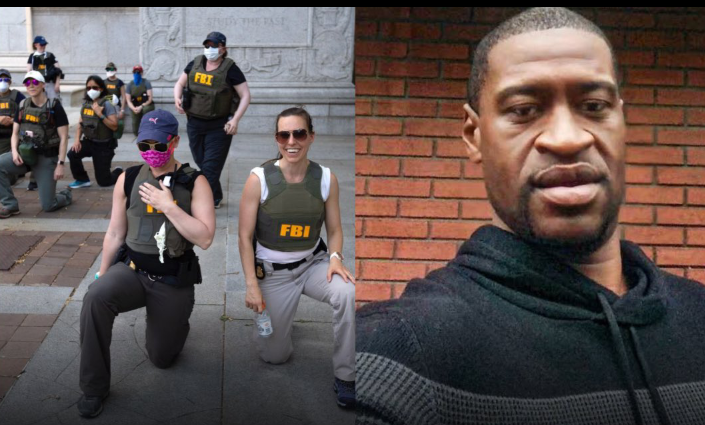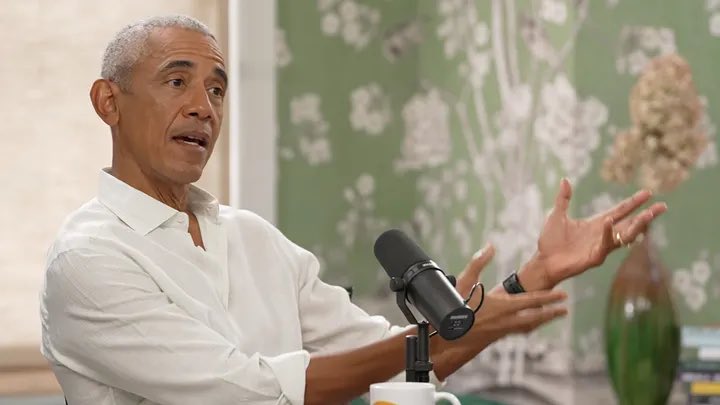
Trump as a Divine Intervention? Pastor Femi Emmanuel’s Bold Remark Sparks Nationwide Debate
In a country where politics, religion, and public frustration often intersect in dramatic and unpredictable ways, one statement has now set the national conversation ablaze. Pastor Femi Emmanuel, a prominent Nigerian cleric known for his outspoken views, has stirred intense reactions after declaring that if former U.S. President Donald Trump
In a country where politics, religion, and public frustration often intersect in dramatic and unpredictable ways, one statement has now set the national conversation ablaze. Pastor Femi Emmanuel, a prominent Nigerian cleric known for his outspoken views, has stirred intense reactions after declaring that if former U.S. President Donald Trump is the vessel God intends to use to answer Nigeria’s prayers, then he should “quickly come.” His remark, laced with both despair and defiance, has instantly gone viral, prompting Nigerians across social media, religious circles, and political spaces to weigh in on the deeper message beneath his words.
The pastor, speaking against the backdrop of what many perceive as a country slipping deeper into hardship, did not hide his frustration. The line that hit hardest for many was not merely the mention of Trump, a controversial global figure, but his pointed critique of Nigeria’s religious leadership. “Since all these our General Overseers and church leaders are all muted,” he said, suggesting that the silence of powerful religious voices in the face of the country’s mounting difficulties is deafening. For a nation where spiritual leaders wield immense influence, especially in shaping public morality and rallying hope during crises, his statement carried the weight of both accusation and lament.
Pastor Emmanuel’s words echo the growing sentiment among many Nigerians who feel abandoned by the institutions they once relied on for courage, accountability, and direction. The economic pressures are biting harder than ever, with inflation rising, unemployment growing, and the cost of living becoming unbearable for the average family. Insecurity remains a constant shadow—kidnappings, banditry, terrorism, and unexplained attacks continue to threaten daily life. Many citizens, grappling with a sense of helplessness, increasingly feel that both political and spiritual leaders are failing to rise to the moment.
So when the pastor invoked Trump—whether as symbolism, satire, or spiritual provocation—he touched a nerve. To some Nigerians, especially youths online, the mention of Trump felt like a metaphor for desiring a seemingly fearless, disruptive force that could challenge the status quo. Others interpreted it as a commentary on the perceived absence of bold leadership both in the church and in government. “We are a country but different nations,” he added, a remark that resonates deeply in a country often described as united only on paper but fractured along ethnic, religious, and political lines.
Within minutes of the statement spreading online, reactions poured in from every corner of the internet. Supporters of Pastor Emmanuel praised him for voicing what many fear to say publicly—that national frustration has reached a tipping point and that church leaders, once vocal during past administrations, appear unusually quiet today. Some argued that his statement, rather than a literal plea for Trump, was a wake-up call to Nigerian religious elites to speak truth to power, call out injustice, and advocate more boldly for the suffering masses.
However, critics were just as loud. Many rejected the notion of invoking Trump in any capacity, pointing out his polarizing legacy in global politics and his complicated relationship with African nations. Skeptics accused the pastor of sensationalism, arguing that his statement oversimplifies Nigeria’s challenges and distracts from the more urgent work of institution-building, accountability, and sustainable governance. Others felt the comment was irresponsible for a religious leader, warning that mixing geopolitical figures into domestic religious rhetoric could escalate tensions or mislead followers.
Despite the division, one thing is clear: Pastor Emmanuel’s statement has reignited a long-standing debate about the role of religious leaders in Nigeria’s political landscape. Historically, prominent pastors and imams have played visible roles in national discourse, sometimes acting as moral compasses, sometimes as political influencers. In previous years, many well-known clerics openly criticized government policies or rallied prayers for change. But in recent times, a noticeable quietness has settled among many General Overseers, sparking questions about whether political pressure, self-preservation, or shifting priorities are at play.
The pastor’s lament—“many people don’t understand Nigeria”—captures the complexity of a country where citizens frequently look to spiritual authority for intervention when political systems fail. In many homes across Nigeria, religious institutions are often more trusted than government institutions. This has placed faith leaders in a unique position of influence and responsibility. But when those leaders appear silent, Nigerians feel not just politically stranded but spiritually abandoned.
Beyond the immediate buzz, Pastor Emmanuel’s statement has become a mirror reflecting national frustration. It exposes the widening gap between what citizens expect and what they are receiving. It shows a people craving not just prophecy but leadership; not just prayers but advocacy; not just spiritual gatherings but national direction. In invoking Trump, Pastor Emmanuel may have chosen a controversial figure, but for many Nigerians, the message wasn’t about the man—it was about the desperate hunger for someone, anyone, who can disrupt the decline and inspire hope again.
As debates rage on, what remains uncertain is whether Nigerian leaders—both religious and political—will take this moment as a catalyst for introspection. Will the church rise to the call, speak louder for justice, and offer guidance in these trying times? Will political leaders pay attention to the rising chorus of citizen frustration? And beyond the noise, will Nigerians find unity in addressing the challenges that threaten to tear the country apart?
For now, Pastor Emmanuel’s comment continues to dominate discussions, opening up broader reflections on faith, leadership, and national identity. Whether viewed as a cry for help, a jab at religious elites, or a symbol of the nation’s deepening despair, one thing is certain—his words have struck a chord that cannot be easily ignored.
https://x.com/ChuksEricE/status/1989267385832866064?t=qOKKdTCNfrJLSWuCIx-dsg&s=08
Share this post
Related Posts

BREAKING NEWS: FBI Fires 20 Agents Over George Floyd Protest Kneeling Scandal
The Federal Bureau of Investigation has ignited a political firestorm after dismissing about 20 of...

“Men Need Gay Friends to Teach Empathy, Be Role Models for Their Kids” — Barack Obama
In a powerful revelation that’s already making waves across social platforms, former U.S. President Barack...

Priscilla Ojo Captures Hearts with Powerful Reflection on Love
In a world where the complexities of relationships often make headlines for all the wrong...